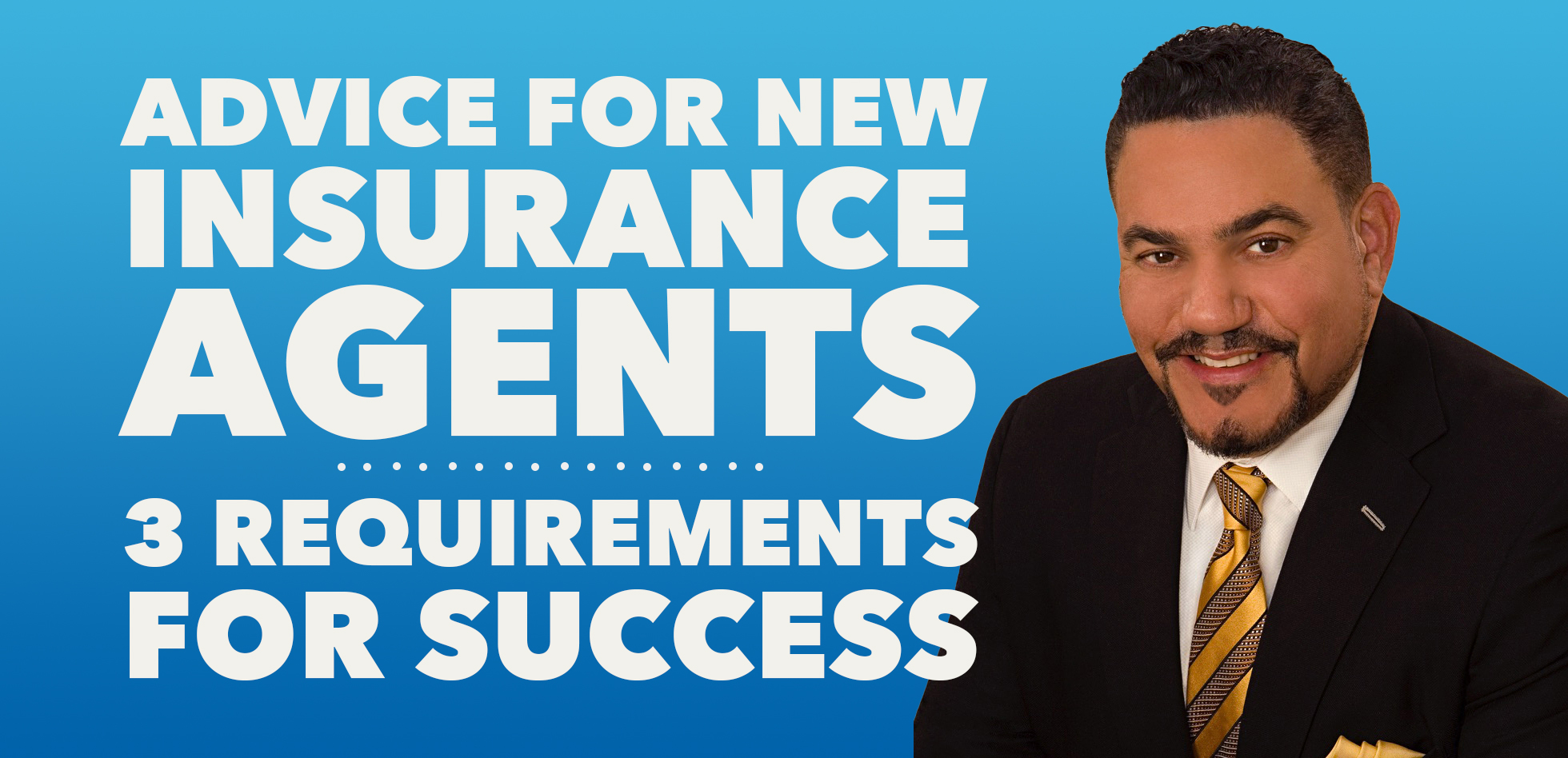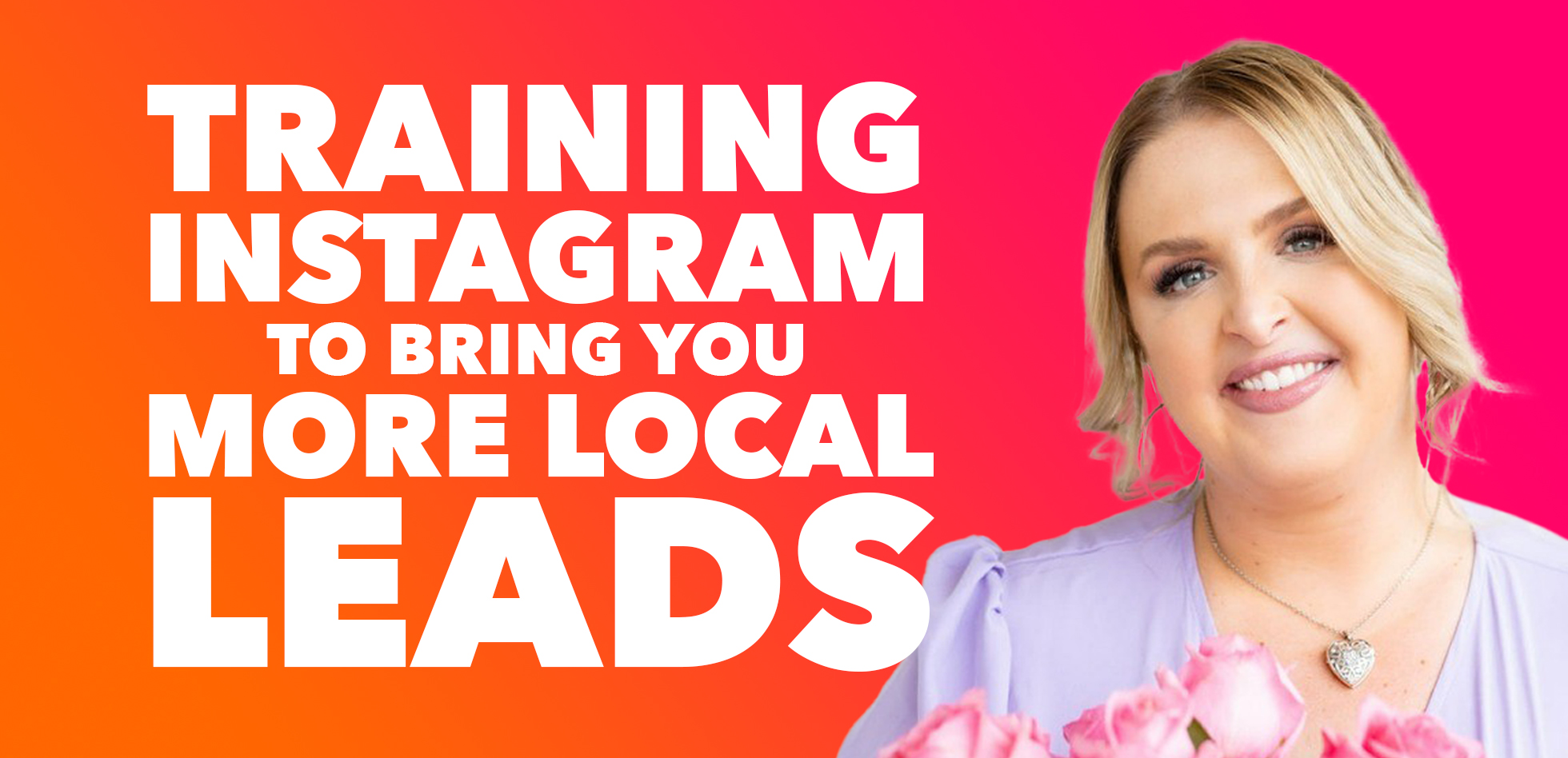How to Select a Mentor Who’s Right for You
Who should listen: Anyone who may be on the fence about hiring a coach or finding a mentor.
Key idea: Most of us know what we need to do to achieve what we want; we just need the motivation, a reason, and someone to hold us accountable to get it.
Action items: 1. Increase your productivity by setting screen-time alerts on your phone, then aim to cut that time in half. 2. Set a goal for the next month to take steps to fulfill your burning desire.
This week’s guest, Nate Auffort, credits his initial success to finding someone who not only helped him achieve his goal but also held him accountable for taking the steps he needed to reach it. If you’re considering hiring a coach or finding a mentor, then Nate’s story should inspire you to take that step.
But, you might ask, “How do I do that?”
It’s a great question because there is no lack of “fake gurus” out there, promoting themselves and their programs, and it’s easy to get sucked in by the promises they make. Below we offer some tips for finding the genuine article.
But first, let’s be clear about what coaching is because it is often confused with mentoring.
What’s the difference between coaching and mentoring?
In truth, unless you work in a corporate setting with a formal coaching program or you’ve hired a professional coach on your own, the roles of coach and mentor are often intertwined and the line between them often blurred. Still, it’s helpful to know how to distinguish a coaching relationship from a mentoring relationship so that you can set realistic expectations for your association.
In a formal arrangement, the difference between what a coach will do and what a mentor will do is largely grounded in how directive each is with their advice.
According to PushFar, coaches should ask lots of questions intended to get you to think about what you can do to move forward and achieve more. A basic assumption of coaching is you probably already know what you need to do to achieve your goal, but you need someone to give you the “space, trust, and confidence” to do it.
Mentors, on the other hand, are more directive. Mentors will share their experiences, knowledge, and skills. They’ll often tell you what to do. They’ll offer advice that they expect you to take. They’ll also offer lots of feedback.
How to pick the right mentor
First and foremost, a good mentor is someone who has done what you want to do. Unlike a fake guru, a mentor with firsthand experience will talk in specifics and not in generalities or principles. They’ll be able to clearly explain what they did, step by step, to reach a particular goal. They’ll have insight that someone who hasn’t walked the walk won’t have.
A good mentor will not only know their stuff, but also will be enthusiastic and excited to share their knowledge and skills with you. They’ll have great interpersonal skills and be able to build a solid relationship with you. They’ll be committed to seeing their relationship with you through to the end.
When you meet with a good mentor, they’ll be inspiring and encouraging. (The motivation is up to you). And they’ll be helpful as you decide on your goals.
Finally, a good mentor needs to be honest and candid. In a trusting relationship, where your mentor is committed to helping you succeed, you need someone who will tell you like it is and hold you accountable. If you’re not prepared for this kind of feedback, then you’re not prepared to have a mentor.
The qualities above make for a good mentor, but, ideally, you want to select a mentor who is not only good but also right for you.
The right mentor will share similar values and strive for similar goals—preferably in the same line of work or industry. You’ll likely be more compatible and better able to understand and appreciate their advice if you have these things in common.
However, the right mentor should be different in ways that will challenge and stretch you to develop skills and knowledge you don’t already have but that they have mastered. For example, if you aren’t skilled in professional networking, the right mentor will have that skill and know how to nurture and build relationships that provide mutual value.
Finally, the right mentor for you may be of the same or opposite sex. There is research to demonstrate that men and women approach mentoring relationships differently, and you may be more comfortable with one approach than the other.
Please enjoy this episode, and we’d appreciate it if you would give us a 5-star rating and leave a review on Apple Podcasts. (Not sure how to leave a review? Click here.)
Connect | Resources
Strategic Wealth Accumulation Tactics 2022 Conference
Social media: @nateauffort



















 Soundcloud
Soundcloud iHeart Radio
iHeart Radio Spotify
Spotify Spotify
Spotify


